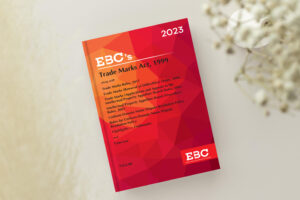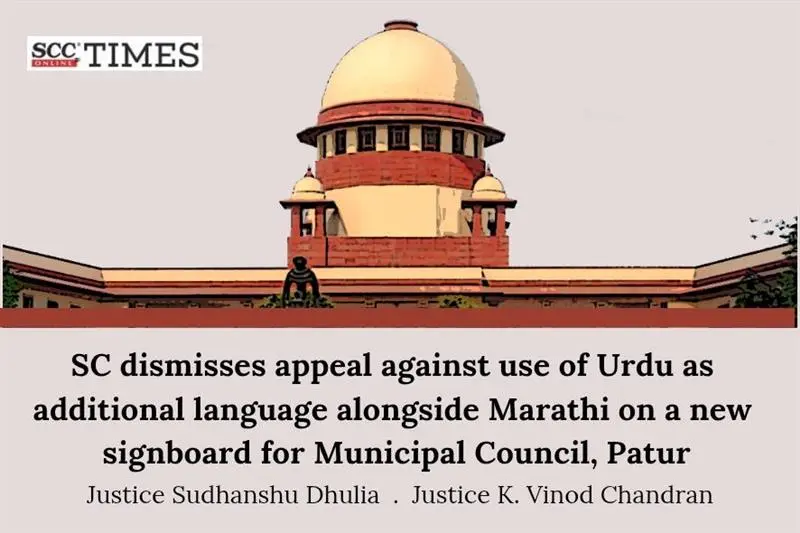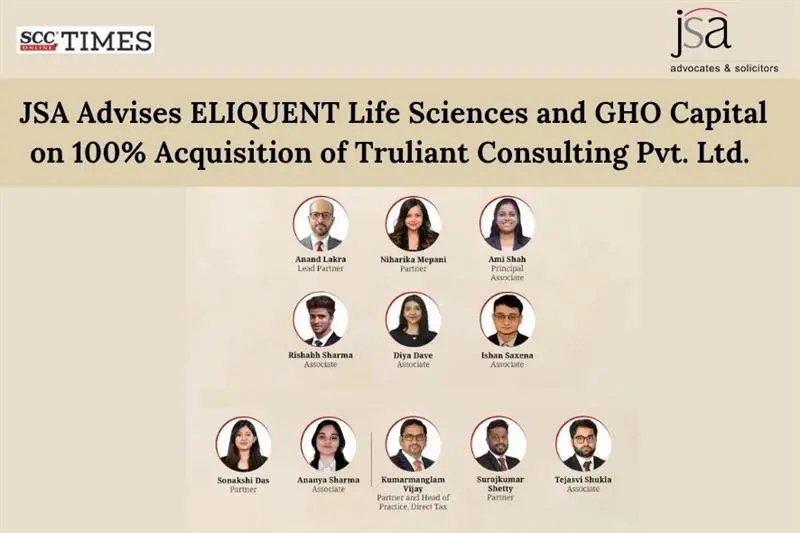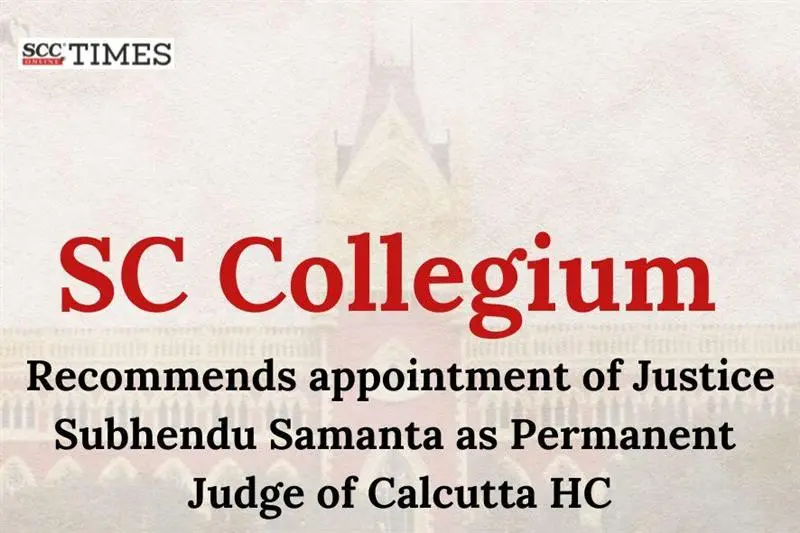Delhi High Court: Pfizer Products Inc-Plaintiff filed the present suit to seek protection of their trade marks rights in ‘VIAGRA’, a well-recognized erectile dysfunction allopathic drug, by seeking permanent injunction to prevent defendants from marketing their homeopathic medicine under a confusingly similar trade mark ‘VIGOURA’, used allegedly for curing sexual disorders. Sanjeev Narula, J.*, opined that the both the trade marks exhibited a high degree of phonetic similarity. The Court opined that the similarity in sound could mislead consumers into believing that ‘VIGOURA’ was either a variant of, associated with, or endorsed by the makers of ‘VIAGRA’, potentially resulting in mistaken purchases or the belief in equivalent efficacy. Further, visually also both the trade marks shared notable similarities in the letter structure and length, contributing to strong visual resemblances. Unlike non-medicinal products, where confusion might only result in economic harm to the plaintiff, confusion between medicinal products could pose serious risks to public health.
Thus, the Court permanently restrained the defendants or anyone acting on their behalf from manufacturing, selling, or offering for sale, marketing, advertising, or using the mark ‘VIGOURA’ in any manner or any mark deceptively similar to the plaintiff’s trade mark ‘VIAGRA’, in relation to any of their goods as would amount to infringement or passing off. Further, the plaintiff was entitled to nominal damages of Rs. 3,00,000, which would be recoverable jointly and severally from the defendants.
Background
Plaintiff was a leading global pharmaceutical company, primarily engaged in research, manufacture and sale of drugs for animal and consumer healthcare and pharmaceutical use. Plaintiff’s products have a strong international presence in over 150 countries and they were acknowledged as ‘No.1 Company’ by the Fortune Magazine in 1998.
In 1995, plaintiff adopted the trade mark ‘VIAGRA’ for its revolutionary drug Sildenafil Citrate, developed to treat erectile dysfunction. Soon after its launch, ‘VIAGRA’ gained immediate commercial success owing to extensive publicity, media attention and plaintiff’s initiatives to educate the public and medical professionals about its benefits and uses. Plaintiff’s efforts resulted in successful registration of the ‘VIAGRA’ trade mark in over 147 countries, establishing it as a globally recognized brand. In India, the mark ‘VIAGRA’ was registered from 1996, which was later renewed in 2006 and continued to be in force. In a short span of seven years from the date of its launch, plaintiff accumulated worldwide revenue of USD 9,957 million, and due to such widespread recognition, the term ‘VIAGRA’ was included in the Oxford English Dictionary. Further, extensive publicity through television coverage, press reports, international magazine, medical books and journals circulated in India, propelled the trade mark ‘VIAGRA’ to a household name status both globally, and within India.
In February 2005, plaintiff discovered that Defendant 1 was selling products described as ‘Nervine Tonic for Men’ and ‘Homeopathic Medicine Invented in Germany’ under the infringing mark ‘VIGOURA’. Subsequent investigations revealed variants of ‘VIGOURA’ products, such as ‘VIGOURA 2000’, ‘VIGOURA 5000’, and ‘VIGOURA 1000’. Thereafter, on 03-05-2005, plaintiff sent a cease-and-desist letter to defendants, and subsequently, a reminder letter was sent to 01-03-2005. However, defendants disputed the plaintiff’ claims and asserted their rights in ‘VIGOURA’ trade mark.
Defendants contended that the impugned products were distinct medicines, intended to address varied ailments. ‘VIGOURA 1000’ focused on vitality and regulating menstruation in women and was therefore, distinct from the plaintiff’s product. Whereas ‘VIGOURA 2000’ and ‘VIGOURA 5000’ were homeopathic medicines formulated as non-steroid aphrodisiacs designed to stimulate metabolic processes. The difference in the composition and nature of the two medicines coupled with the fact that both were prescription drugs, reduced the likelihood of confusion for consumers.
Analysis, Law, and Decision
The Court opined that the trade mark’s journey that commenced from a coined word and its continuous and bona fide usage, corroborated by comprehensive evidence of international registrations, regulatory approvals and inclusion of ‘VIAGRA’ in the Oxford dictionary, successfully proved the plaintiff’s status of proprietor of the ‘VIAGRA’ trade mark. The Court opined that the culmination of these efforts in successful registration in India conclusively proved their exclusive ownership as the registered proprietor of the trade mark within India from the application date.
The Court noted that the plaintiff’s claim over ‘VIAGRA’ trade mark originated from its global introduction in 1995. Whereas, the earliest evidence of Defendant 1’s engagement with the impugned products under the trade mark ‘VIGOURA’ was 15-05-1999, when they were granted a license by the Chief Licensing Authority, State Drugs Controller, Patna. The Court opined that it was essential for any entity seeking to introduce a new trade mark into the market to conduct thorough due diligence including searching the national trade mark database for any pending applications or registrations that could conflict with the proposed mark. The Court opined that the defendant’s awareness of plaintiff’s mark and their failure to conduct the basic trade mark screening undermined the defendants’ claim of honest concurrent use.
Further regarding similarity of the trade mark, the Court opined that the both the trade marks exhibited a high degree of phonetic similarity, as both marks were comprised of three syllables, with ‘Vi’ as a common prefix and ‘Ra’ as a similar suffix. This phonetic resemblance was particularly concerning in the pharmaceutical industry, where the precise identification of products was crucial for consumer safety and confidence. The Court opined that the similarity in sound could mislead consumers into believing that ‘VIGOURA’ was either a variant of, associated with, or endorsed by the makers of ‘VIAGRA’, potentially resulting in mistaken purchases or the belief in equivalent efficacy.
The Court opined that visually also both the trade marks shared notable similarities in the letter structure and length, contributing to strong visual resemblances. The Court opined that mere addition of numerals after embodying almost whole of plaintiff’s mark, did not render defendants’ mark distinguishable. Further, this visual resemblance was compounded by the conceptual link consumers might draw between the two, associating them with similar health benefits. Additionally, the goods were being sold to the same segment of consumers making the confusion between the two marks most probable.
The Court referred to Cadila Healthcare Limited v. Cadila Pharmaceuticals Limited, (2001) 5 SCC 73, and opined that the differences between homeopathic and allopathic treatments became less relevant than the overarching need to prevent misleading impressions about the product’s origin or affiliation. Unlike non-medicinal products, where confusion might only result in economic harm to the Plaintiff, confusion between medicinal products could pose serious risks to public health. The Court opined that given the critical nature of the medicines involved, which were designed to address sensitive health issues, the potential for deception was not only high, but also fraught with serious implications for consumer health and safety.
Thus, considering the resemblances between the two trade marks and the overlap in field of use and commercial operations causing strong potential of confusion amongst the public, the Court held that the defendant’s trade mark ‘VIGOURA’ was deceptively similar to the plaintiff’s trade mark ‘VIAGRA’ and infringes plaintiff’s mark under Sections 29(1) and 29(2)(b) of the Trade Marks Act, 1999.
Further, regarding passing off claim, the Court opined that in 1999, the landscape of information dissemination was not digitally pervasive as today, still there was significant influence of public perception and brand reputation through targeted media outlets. For trade marks such as ‘VIAGRA’, which might not have been physically available in the Indian market, substantial recognition could still be achieved instantly through strategic exposure in print media. Publications dedicated to health and pharmaceuticals, accessible to Indian consumers effectively introduced and built a transborder reputation for ‘VIAGRA’. Therefore, considering the notable degree of resemblance between the two competing marks, the nature of goods for which these trade marks were applied, and the critical fact that the medicines/pharmaceutical products in question addressed comparable medical conditions, the Court held that the plaintiff had satisfactorily discharged the burden of proof required to establish a case of passing off.
Thus, the Court permanently restrained the defendants or anyone acting on their behalf from manufacturing, selling, or offering for sale, marketing, advertising, or using the mark ‘VIGOURA’ in any manner or any mark deceptively similar to the plaintiff’s trade mark ‘VIAGRA’ in relation to any of their goods as would amount to infringement or passing off of the plaintiff’s registered mark. Further, the plaintiff was entitled to nominal damages of Rs. 3,00,000, which would be recoverable jointly and severally from the defendants.
[Pfizer Products Inc. v. Renovision Exports (P) Ltd., 2024 SCC OnLine Del 3140, decided on 01-05-2024]
*Judgment authored by- Justice Sanjeev Narula
Advocates who appeared in this case:
For the Plaintiff: Bharat S. Kumar and Sanidleya Meheshwari, Advocates;













